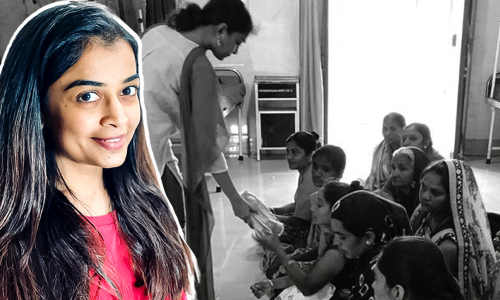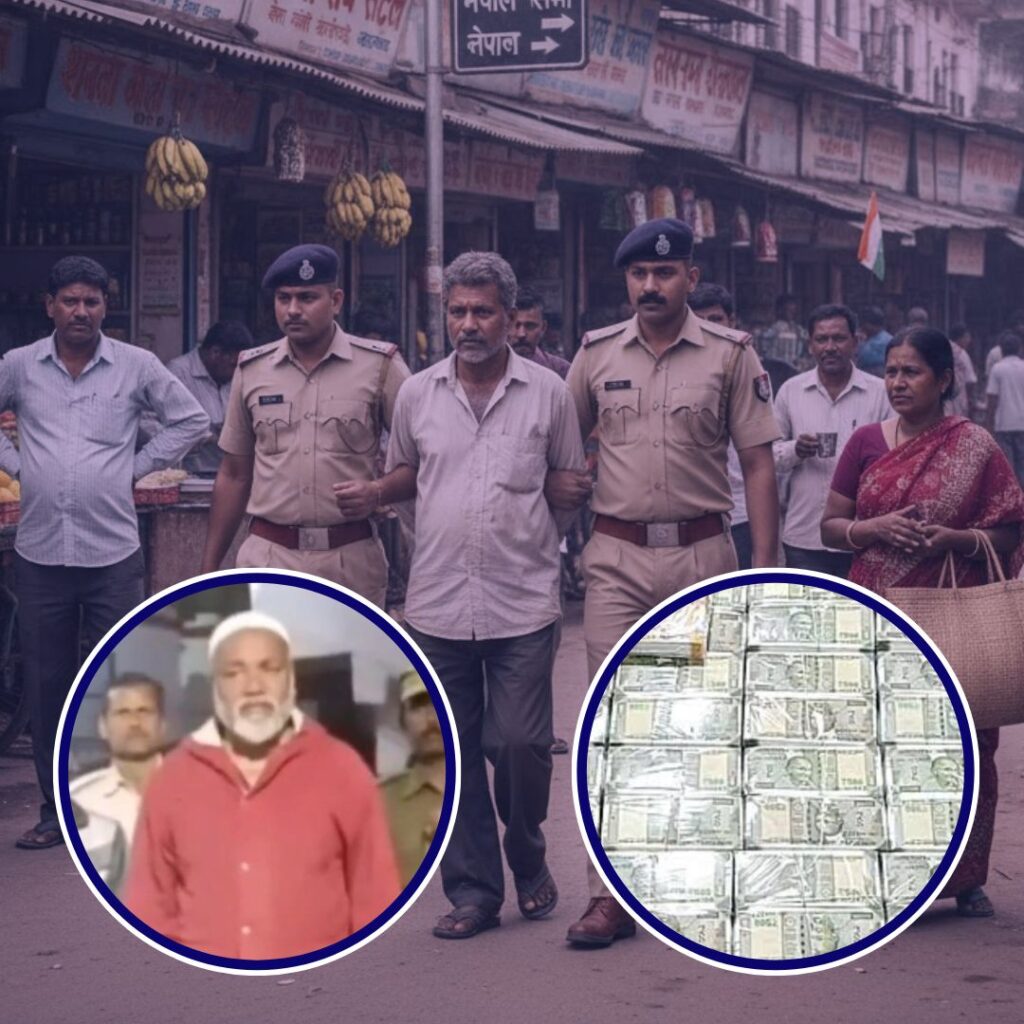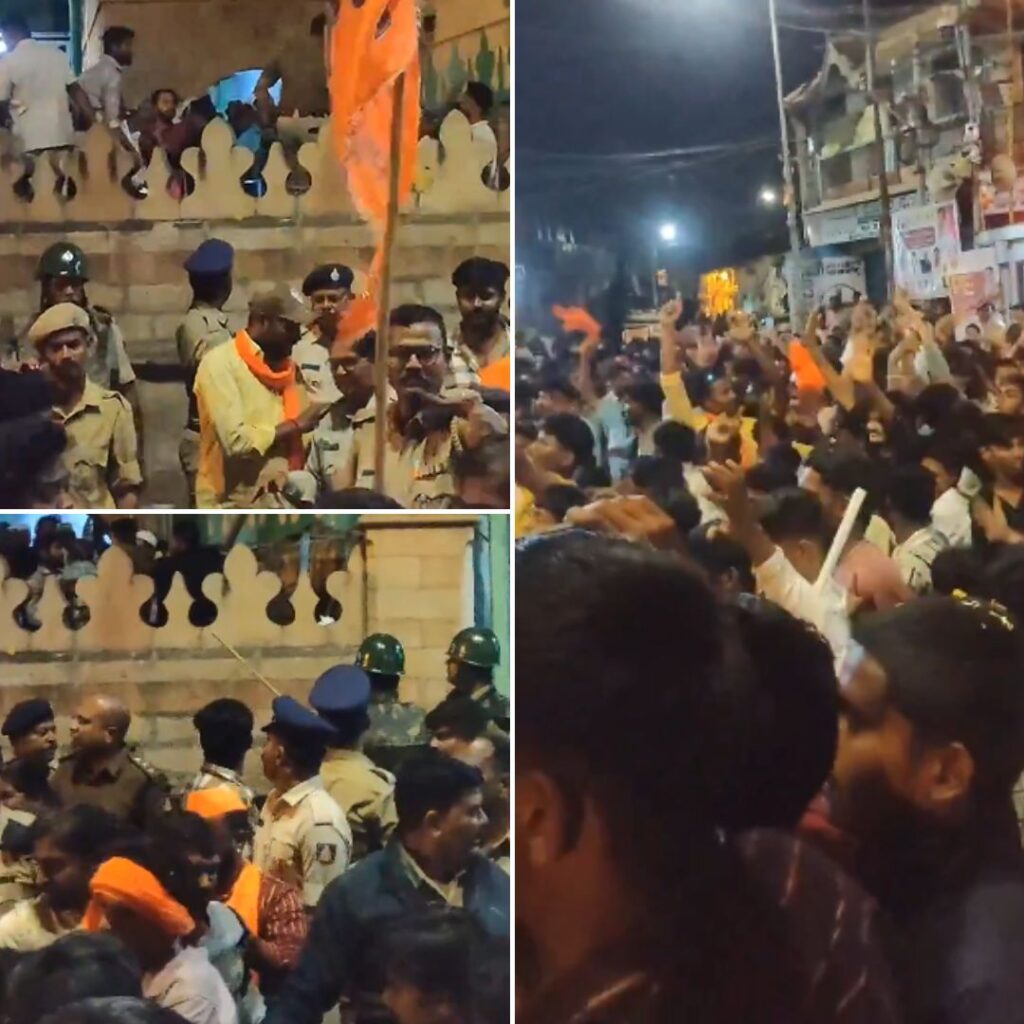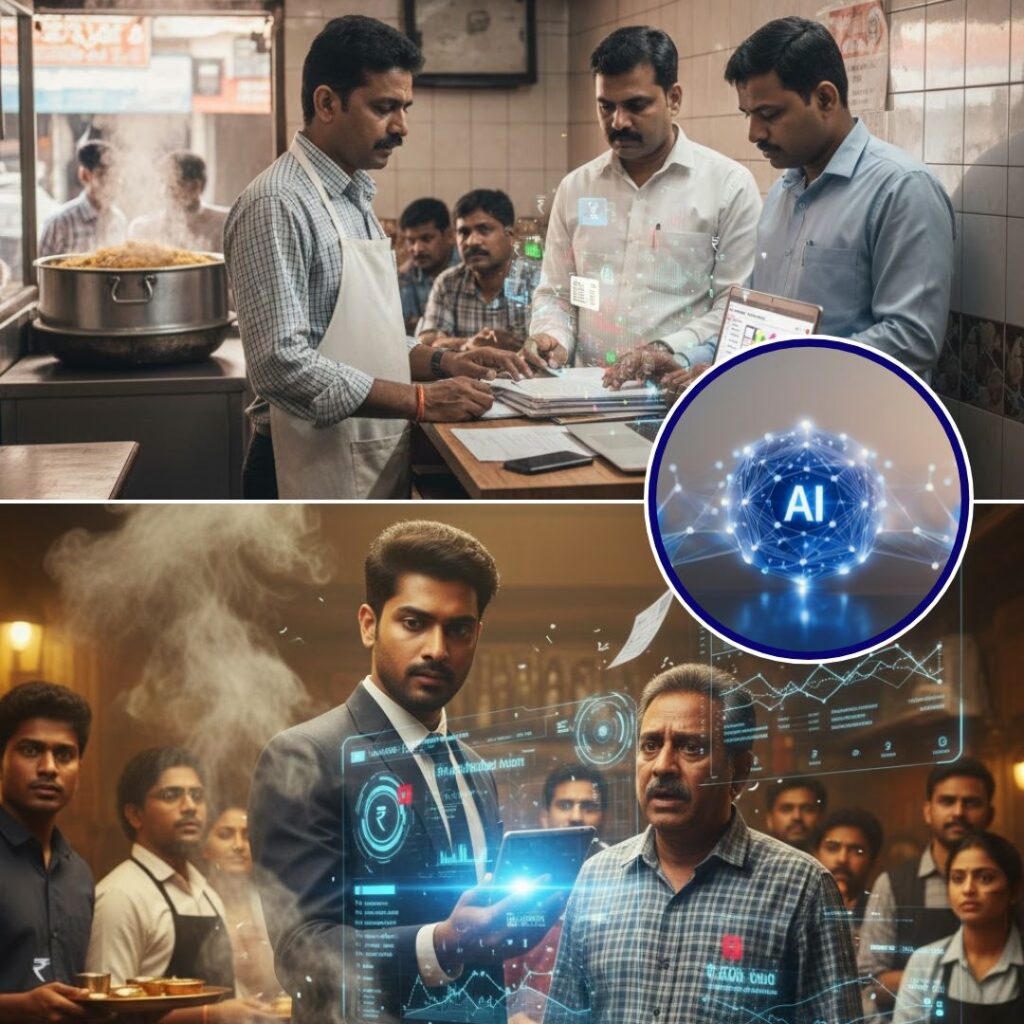“A nation’s culture resides in the heart and in the soul of its people,” a quote by Mahatma Gandhi has been my mantra. But, to me, this has not remained restricted to just ‘people’.
It is the people who reside at the grassroots level of our nation—they are our spine, thereby holding our existence in the most vibrant and cohesive manner. And, I am a firm believer of ‘my roots’ as well as a yoga enthusiast, a mother of one and a self-made entrepreneur.
Alumni of the Narsee Monjee College of Commerce and Economics, Mumbai and Foundation for Liberal and Management Education (FLAME) School of Business, Pune, I have pursued credit courses in Psychology from Harvard University, Boston, US. I am currently deeply engaged in understanding the grass-root democracy in India and Yoga sutras through experiential learning which means learning through experience and training.
Having been into multiple roles, my zeal for the country and understanding people at the grass-root level came into existence when I established a homegrown clothing brand in 2017, SUTRRAA, for promoting the Indian hereditary craft. With this enterprise, my team and I worked towards translating the pride of the Indian artisans by giving a new life to old or torn garments by converting them into handmade creations.
This was when I began my journey with the artisan community residing in states of Gujarat and West Bengal. However, with passing time the interest transformed into passion and space to explore my creative energy and with the initiation of ‘Project Tulasi’ in Gujarat’s Savarkundla, I have remained connected to my roots.
Project Tulasi: The Motive
In October 2019, I visited my husband’s hometown Savarkundla in the Amreli district of Gujarat’s Saurashtra. It happened to be our child’s first birthday and I decided to celebrate it differently. Little did I know that this short visit will become a full-fledged social project at the grass-root level.
I visited the civil hospital back then and spent a couple of evenings with the patients and staff of the gynaecology department. To my surprise, 25 out of 30 women I spoke to either did not know about a sanitary pad or were not willing to spend on it.
There have been a number of studies backing the fact that lack of hygiene during menstruation has been the contributing factor to issues like skin irritation, bacterial infections of the urinary and/or reproductive amongst women especially the ones residing in rural areas.
Unlike various life-threatening diseases, this could be totally avoided or efforts could be made to mitigate the impact through proper menstrual hygiene practices. Lack of awareness and poverty were the key factors emerging as roadblocks during the research that we conducted in the area.
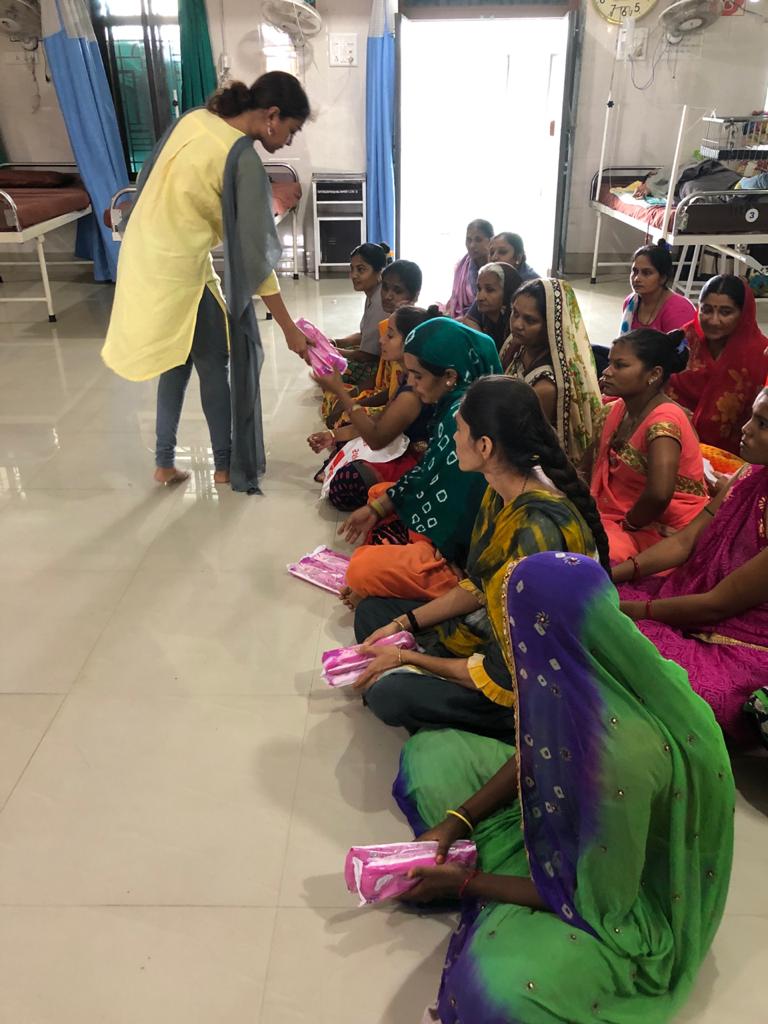
Project Tulasi: The Process
Menstrual Hygiene Management is not a ‘gender’ issue, it is rather a ‘human right’ issue and being a woman I could resonate with the myriad experiences related to ‘menstruation’.
The research conducted in the town revealed that hundreds of rural women in Saurashtra were daily wage workers and used cloth during periods. It was uncomfortable, given the nature of work they were engaged in, and it also led to infections. We also realised that even when pads were being provided by the government at minimum prices, it did not reach the ‘needy’ or were unavailable.
Additionally, girls and women hesitated in asking for the sanitary pads from the health workers.
Ensuring that the menstrual pads reached the rural women in the most efficient manner became our primary objective.
Distribution of free sanitary napkins, delivery kits, and awareness campaigns have been the three core areas.
The period pads are directly sourced from Jan Aushahdhi Kendra, set up by the central government, at subsidised rates and in bulk quantities. Three packs of sanitary napkins are distributed per person (young girls and women aged between 12-51 years experiencing menstruation cycle). A manual record of the beneficiaries is also maintained by us.
The delivery kit which is locally sourced has been curated specifically to provide the necessary items to women post the delivery of the baby. The kit includes a baby blanket, baby bed, garments for the baby, diapers amongst other essential items for the mother and the child.
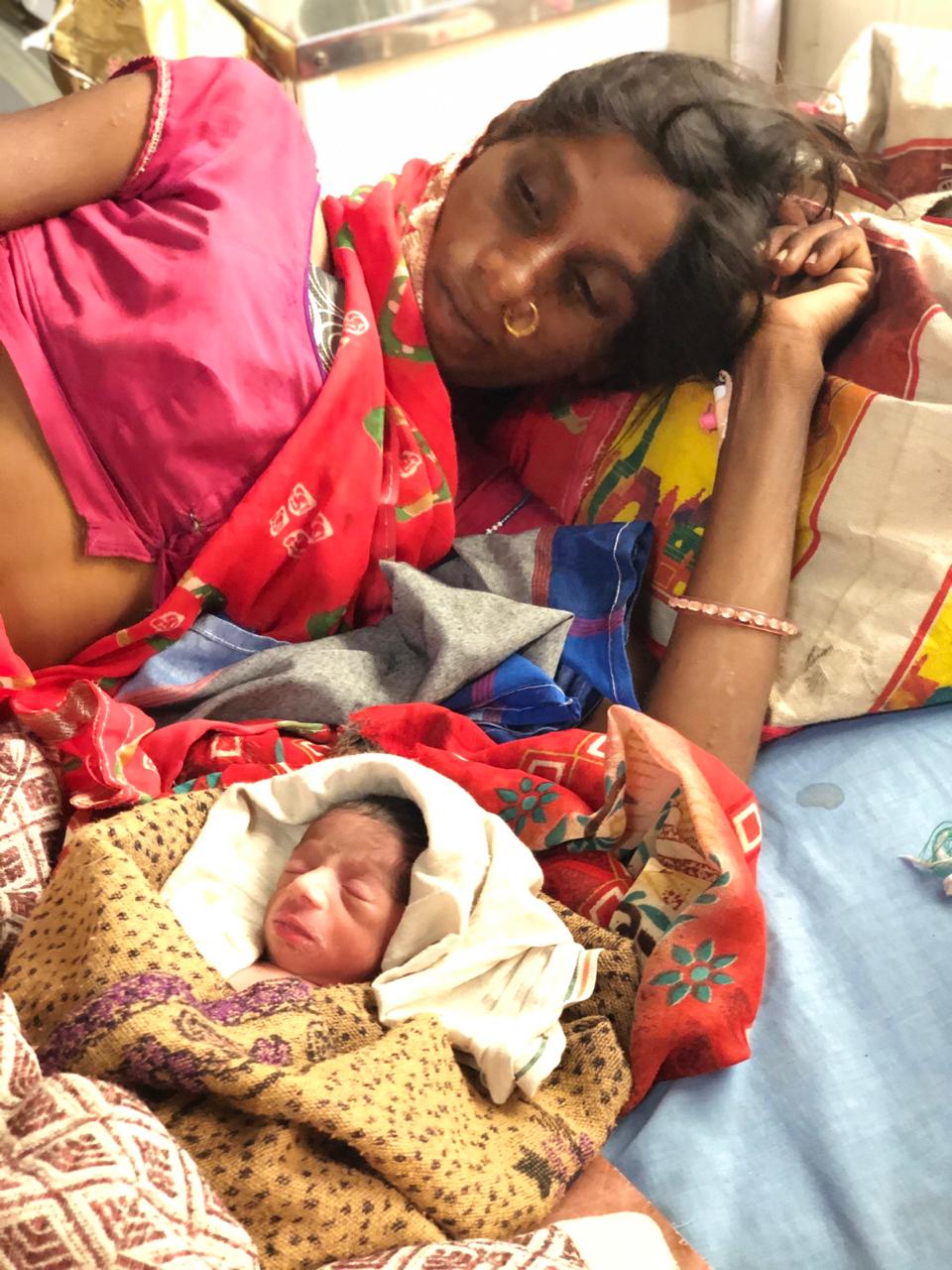
There have been instances when I have seen new mothers bleeding and feeding the baby in the same clothes for two days after delivery. This initiative is a step forward to provide basic essentials to tackle post-pregnancy infections occurring due to reuse of items which get spoiled during delivery.
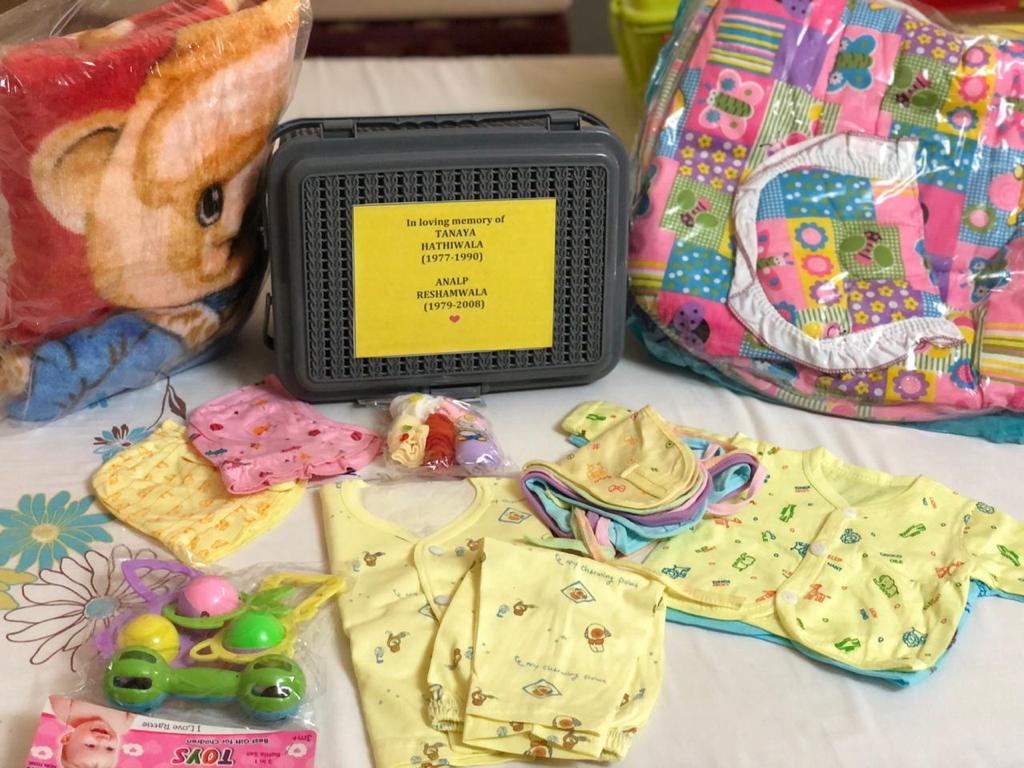
For conducting awareness campaigns, my team has collaborated with an Ahmedabad-based gynaecologist who covers topics such as maternal health, hygiene and sanitation. These campaigns are open to all stakeholders including ASHA workers, civil hospital nurses, new mothers and field-level medical officers.
These social services are partly funded by us and partly by private donors expressing willingness to associate with our cause on a no-profit basis.
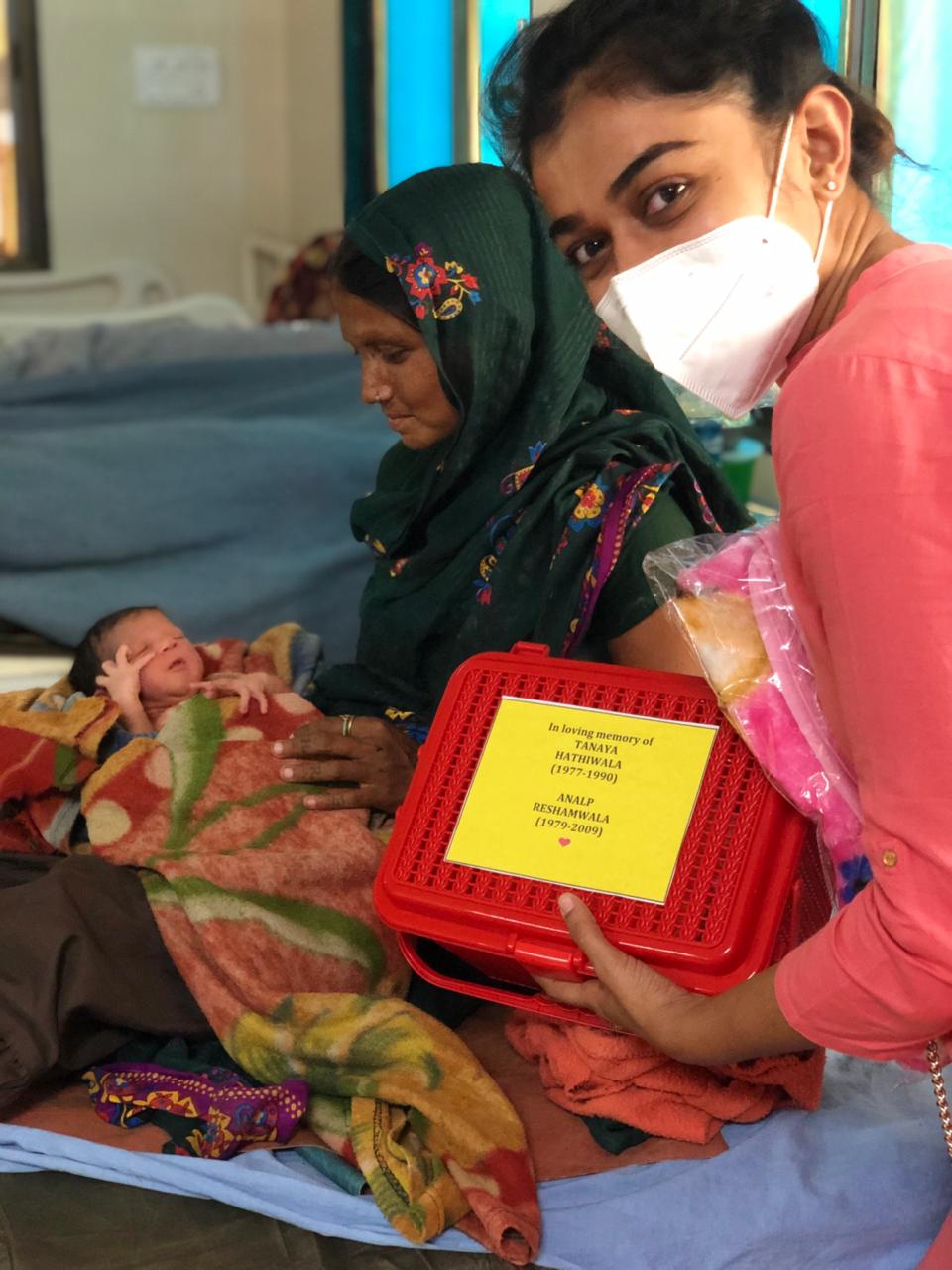
Happy Periods? Not Yet! (Challenges Faced)
‘Accessibility’ becomes a major challenge for women willing to invest on their menstrual hygiene practises because they are either not allowed to travel 25-30 kilometres ‘just for a napkin’ or do not have an environment at home where they can make a request for the same from the male counterparts of their family.
Apart from the above, a major challenge faced us at the grass-root level is in terms of skilled manpower to build an efficient team and limited availability of financial funding to support our mission.
With project Tulasi, I aim to move a step backwards and embark on antenatal care solutions for pregnant underprivileged women not just to avoid death and morbidity but to improve the overall wellbeing of these women and make period or pregnancy a safe and pleasant experience for the rural women.


